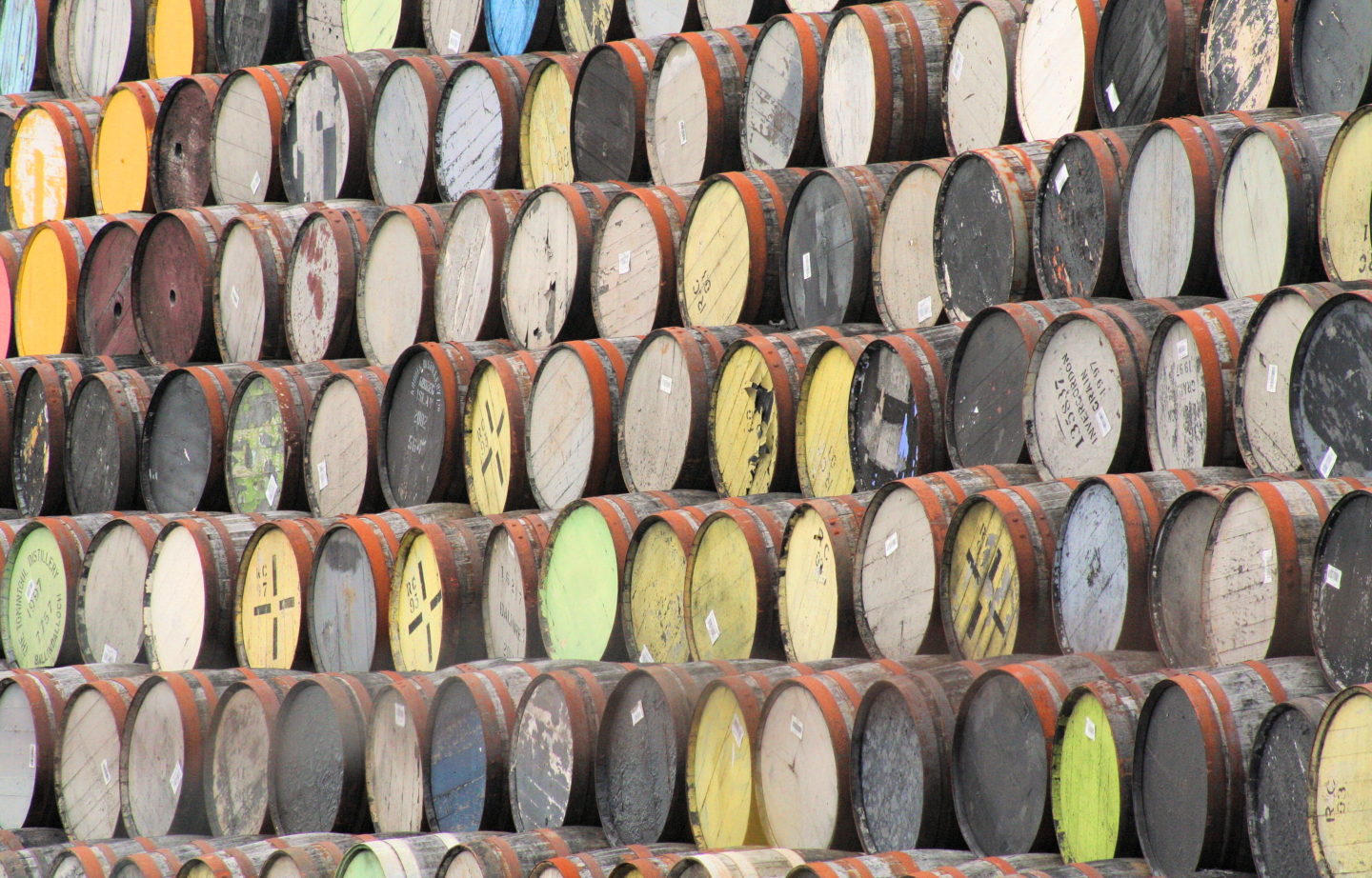Scotland’s environmental watchdog has been accused of being “in bed” with multinational companies after inviting the whisky industry to help appoint a senior pollution regulator.
The Scottish Environment Protection Agency (Sepa) brought in the Scotch Whisky Association (SWA), which represents corporate drinks firms, to interview candidates to head a unit overseeing pollution permits for companies.
Like other industries, whisky distilleries are granted permits restricting what they can dump into rivers. In the past some have been slated by Sepa as “poor” for breaching their effluent discharge limits.
Sepa’s move, which is seen as part of a bigger bid to become more industry-friendly, has prompted widespread concern amongst experts, environmentalists and politicians. Sepa’s independence and credibility are under threat, they say.
When questioned, Sepa admitted asking the SWA’s head of sustainability, Morag Garden, to join an interview panel to help appoint someone to lead Sepa’s “permitting team” responsible for compliance with pollution regulations. Sepa had introduced a new policy enabling outsiders to participate in recruitment processes, it said.
Professor Andrew Watterson, head of the Occupational and Environmental Health Research Group at the University of Stirling, warned that this put Sepa in grave danger. “Sepa has built a justifiable reputation as an independent regulator with professional and skilled staff,” he said.
“Such a reputation will be very seriously damaged and its public credibility shattered if senior management brings in industry representatives to participate in the selection of its staff.”
Lloyd Austin, head of conservation policy for the Royal Society for the Protection of Birds in Scotland, was worried that Sepa had made such significant change without open discussion with other stakeholders. “While it is right that industries and regulators develop a thorough understanding of each others’ needs and operations, it is also crucial that appropriate distance be maintained between the two,” he said.
“The public sector, and especially those with regulatory responsibility, must operate objectively – and be seen to do so. This instance may cross that line, and suggests that industry is stepping into decision making rather than shared understanding.”
Public bodies, including Sepa and the Scottish Government, were increasingly seeking to work more closely with industry, Austin pointed out. “But this courtesy is very rarely afforded to other key stakeholders, such as communities or non-governmental organisations.”
The Labour MSP Neil Findlay condemned Sepa’s involvement of SWA as “completely inappropriate”. Sepa should not be asking companies to help select the staff to regulate them, he argued.
“This suggests that Sepa is getting into bed with the multinational corporations it is meant to be protecting us from,” he warned. “If the relationship between Sepa and private companies becomes too cosy, the danger is that pollution will worsen and the environment will suffer.”
Environment spokesperson for the Scottish Greens Mark Ruskell MSP argued that public confidence in Sepa was built upon its independence from vested interests. “The involvement of industry in staff recruitment and the increasing use of industry data in regulation directly undermines that confidence,” he said.
In 2014 Sepa rated the pollution performance of seven whisky distilleries as poor. In 2015 it again initially named seven distilleries as poor, but then reduced the number to four following complaints about “factual errors” from the SWA.
But Sepa denied that it was giving the whisky industry preferential treatment. “In order to ensure the best possible input to decision-making, I have recommended that Sepa uses external people in recruitment processes from time to time,” said Sepa’s chief executive Terry A’hearn.
“In this particular case, Morag Garden was involved in the preliminary process for recruiting our new head of permitting team, whose role will include making our permits a more powerful and effective regulatory tool.”
A’hearn stressed that Garden was one of several external interviewers, and her input was “purely advisory”. She did not take part in the final selection process, which was reserved to senior Sepa managers, he said.
“We continue to regulate the whisky sector in the same way as we regulate all sectors – impartially and independently in accordance with environmental legislation. In recent years, the full range of regulatory approaches – from partnership working to enforcement action – has been used to help ensure the whisky sector continues to improve its environmental performance.”
A’hearn added that those brought in to help with recruitment will not be restricted to industry representatives. “We have asked someone from a not-for-profit climate change organisation to be on the interview panel for our new head of innovation role,” he said.
SWA represents over 50 whisky producers, including big companies such as Diageo, Pernod Ricard and Edrington. The industry accounts for about a quarter of the UK’s food and drink exports earning nearly £4 billion in 2014, and supports 40,000 jobs across the UK.
SWA’s acting chief executive Julie Hesketh-Laird defended the industry’s role. “The Scotch Whisky Association was asked to provide outside expertise on a panel and we were happy to accept that offer, giving a business perspective on issues relevant to the protection of Scotland’s natural environment,” she said.
“It’s vital that regulators understand the industries covered by their remit to allow them to do the most effective job possible. The scotch whisky industry is widely recognised as a leader in sustainability and is proud of its award-winning environmental strategy.”
Photo thanks to John Haslam, CC BY 2.0 via Wikimedia Commons.
A version of this story was published in the Sunday Herald on 22 January 2017.














